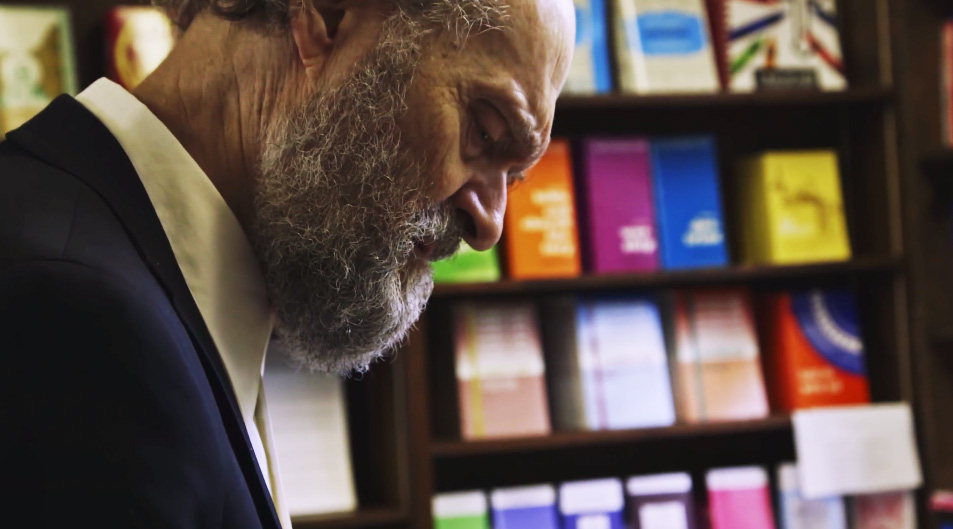Our society has grown increasingly transactional in its ways of thinking, whether about family, business, education, or politics. Everything we spend, steward, or invest — our money, time, and relationships — must somehow secure an immediate personal return or reward, lest it be cast aside as “wasteful.”
As an overarching philosophy of life, such an approach fails not due only due to its narrow individualism, but also to its cramped obsession with scarcity, standing in stark contrast with the lavish abundance and gratuitous generosity of the Gospel. Economic man is, indeed, a myth, and yet so many of our social signals and inputs continue to pretend otherwise, distorting the goods of productivity and efficiency into idols unto ourselves.
In For the Life of the World, Makoto Fujimuru shares this same concern, noting the importance of using our freedom not only to protect and provide for ourselves and our families, but for creation, cultivation, and generosity according to a higher perspective. “God somehow demands of us so much more than this transactional nature,” he says. “It is really about the gift that we’ve been given, and the only response we can give back is with extravagance, with gratuitous beauty.”
I was reminded this when I listened to a recent talk by Arvo Pärt, the famous Estoninan composer. Much like Fujimura, Pärt points to art as a key example of how something so seemingly wasteful – or so utterly non-transactional — can still produce tremendous beauty and value.
The work of the composer is not ultimately about the music itself, Pärt explains, but about the worship, the soul formation, and the spiritual reconciliation that the creative process invites, both for ourselves and for others. “The most sensitive musical instrument is the human soul,” he says. “The next is the human voice. One must purify the soul until it begins to sound.”
As a composer, leveraging his gifts often feels like a waste — slow and tedious, useless and unappreciated, faltering and frustrating — but in the end, it is indeed fruitful, serving God and neighbor in turn. How often do we feel the same in our daily jobs or parenting or policymaking?
A composer is a musical instrument, and at the same time, a performer on that instrument. The instrument has to be in order to produce song. One must start with that, not with the music. Through the music, the composer can check whether his instrument is tuned and to what key it is tuned.
God knits man in his mother’s womb, slowly and wisely. Art should be born in a similar way. To be like a beggar when it comes to writing music. Whatever, however, and whenever God gives. We shouldn’t grieve because of writing little and poorly, but because we pray little and poorly and lukewarmly and live in the wrong way. The criterion must be everywhere and only, humility. Music is my friend, ever-understanding, compassionate, forgiving. It’s a comforter. The handkerchief for drying my tears of sadness. The source of my tears of joy. My liberation and flight. But also a painful thorn in my flesh and soul. That which makes me sober and teaches humility.
Such a lesson doesn’t just apply to the composer or painter or novelist. We are all artists, co-creators who are working to get our “instruments” in order and wield humility as we prayerfully collaborate across varying cultural spheres. As we work and serve, create and innovate, surely God wants us to locate certain efficiencies and mutual value. But he also longs for us to relish in the mystery of his divine plan, and that requires an economic imagination that reaches beyond mere, temporal utility.
Only when we have the humility, patience, and imagination for such beauty will we be able to stay faithful and true to the work it requires – messy, frustrating, and seemingly wasteful though it may be. As we offer up our various gifts across the economic order, we can move forward and make our contributions not out of mere transactional cravings or fears about earthbound scarcity, but in a spirit of wonder, abundance, and divine generosity.
“We need to tell this story,” Fujimura says. “Not the story of pragmatism. Not the story of utility. But this story of extravagance, of gratuitous beauty, is the Gospel. That is the story I’ve come to die for.”

